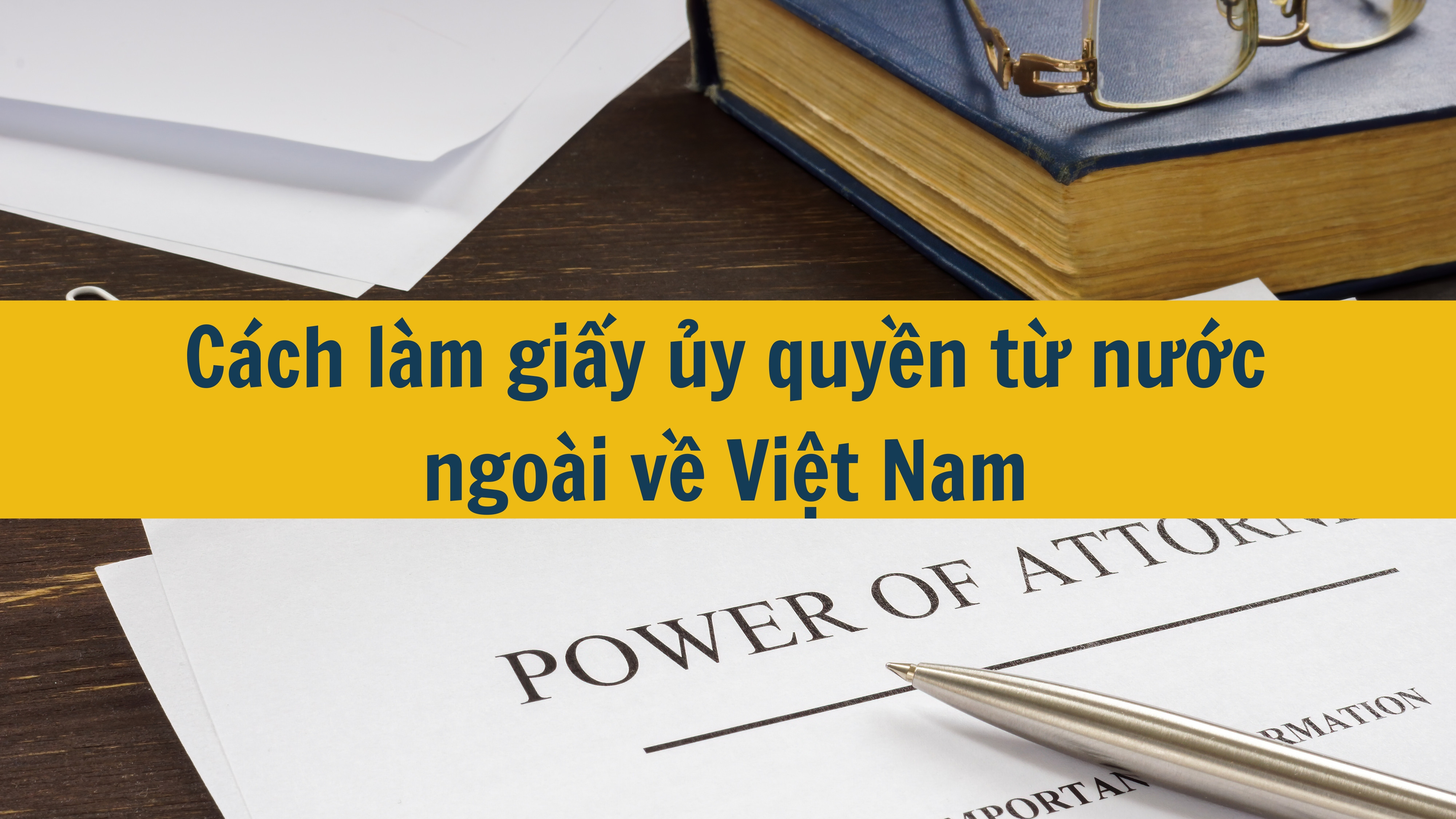 Tìm kiếm
Tìm kiếm
| Số hiệu: | 33/2009/QH12 | Loại văn bản: | Luật |
| Nơi ban hành: | Quốc hội | Người ký: | Nguyễn Phú Trọng |
| Ngày ban hành: | 18/06/2009 | Ngày hiệu lực: | 02/09/2009 |
| Ngày công báo: | 08/08/2009 | Số công báo: | Từ số 373 đến số 374 |
| Lĩnh vực: | Bộ máy hành chính | Tình trạng: | Hết hiệu lực |
Luật này quy định về chức năng, nhiệm vụ, quyền hạn và tổ chức của cơ quan đại diện nước Cộng hòa xã hội chủ nghĩa Việt Nam ở nước ngoài (sau đây gọi là cơ quan đại diện) và quản lý nhà nước đối với cơ quan đại diện.
1. Cơ quan đại diện thực hiện chức năng đại diện chính thức của Nhà nước Việt Nam trong quan hệ với quốc gia, vùng lãnh thổ, tổ chức quốc tế tiếp nhận và thống nhất quản lý hoạt động đối ngoại phù hợp với quy định tại Điều 12 của Luật này.
2. Cơ quan đại diện bao gồm cơ quan đại diện ngoại giao, cơ quan đại diện lãnh sự, cơ quan đại diện tại tổ chức quốc tế.
3. Cơ quan đại diện được hưởng đầy đủ quyền ưu đãi, miễn trừ phù hợp với pháp luật quốc tế.
1. Thực hiện chính sách đối ngoại của Nhà nước Việt Nam.
2. Chịu sự chỉ đạo của Chủ tịch nước, Chính phủ, Thủ tướng Chính phủ, sự quản lý trực tiếp của Bộ Ngoại giao và sự giám sát của Quốc hội.
3. Hoạt động theo quy định của pháp luật Việt Nam, phù hợp với pháp luật quốc tế và pháp luật của quốc gia nơi đặt trụ sở của cơ quan đại diện.
4. Tổ chức và hoạt động theo chế độ thủ trưởng.
Trong Luật này, những từ ngữ dưới đây được hiểu như sau:
1. Cơ quan đại diện ngoại giao là Đại sứ quán.
2. Cơ quan đại diện lãnh sự là Tổng Lãnh sự quán và Lãnh sự quán.
3. Cơ quan đại diện tại tổ chức quốc tế là Phái đoàn thường trực, Phái đoàn, Phái đoàn quan sát viên thường trực và cơ quan có tên gọi khác thực hiện chức năng đại diện của Nhà nước Việt Nam tại tổ chức quốc tế liên chính phủ.
4. Khu vực lãnh sự là bộ phận lãnh thổ của quốc gia tiếp nhận được nước Cộng hòa xã hội chủ nghĩa Việt Nam và quốc gia tiếp nhận thỏa thuận để cơ quan đại diện lãnh sự thực hiện chức năng lãnh sự.
5. Thành viên cơ quan đại diện bao gồm người đứng đầu cơ quan đại diện, viên chức ngoại giao, viên chức lãnh sự và nhân viên cơ quan đại diện.
6. Viên chức ngoại giao là người đảm nhiệm chức vụ ngoại giao.
7. Viên chức lãnh sự là người đảm nhiệm chức vụ lãnh sự.
8. Lãnh sự danh dự là viên chức lãnh sự không chuyên nghiệp và không phải là cán bộ, công chức, viên chức Việt Nam, bao gồm Tổng Lãnh sự danh dự và Lãnh sự danh dự.
9. Nhân viên cơ quan đại diện là người đảm nhận công việc hành chính, kỹ thuật hoặc phục vụ.
Article 1. Scope of regulation
This Law provides for the functions, tasks, powers and organization of overseas representative missions of the Socialist Republic of Vietnam (below referred to as representative missions) and the state management of representative missions.
Article 2. Representative missions
1. Representative missions perform the functions of officially representing the Vietnamese State in its relations with receiving countries, territories and international organizations and uniformly managing foreign activities under Article 12 of this Law.
2. Representative missions include diplomatic representative missions, consular representative missions and representative missions at international organizations.
3. Representative missions are entitled to full privileges and immunities in accordance with international law.
Article 3. Principles on organization and operation of representative missions
1. Implementing foreign policies of the Vietnamese State.
2. Submitting to the direction of the President, the Government and the Prime Minister, the direct management of the Ministry of Foreign Affairs and the supervision of the National Assembly.
3. Operating under Vietnam's laws in conformity with international law and laws of countries where representative missions are based.
4. Being organized and operating under the single-leader regime.
Article 4. Interpretation of terms
In this Law, the terms below are construed as follows:
1. Diplomatic representative missions are embassies.
2. Consular representative missions are general consulates and consulates.
3. Representative missions at international organizations are permanent missions, missions, permanent observer missions and agencies which bear other names but perform the function of representing the Vietnamese State at intergovernmental international organizations.
4. Consular premises means a territorial part of the receiving country which, under the agreement between the Socialist Republic of Vietnam and the receiving country, is reserved for the consular representative mission to perform consular functions.
5. Members of a representative mission include the head of the representative mission, members of the diplomatic staff, members of the consular staff and employees of the representative mission.
6. Members of the diplomatic staff are those who hold diplomatic posts.
7. Members of the consular staff are those who hold consular posts.
8. Honorary consuls are non-professional consular officers who are not Vietnamese cadres, public employees and civil servants, including honorary consuls general and honorary consuls.
9. Employees of a representative mission are those who perform administrative, technical or service jobs.
